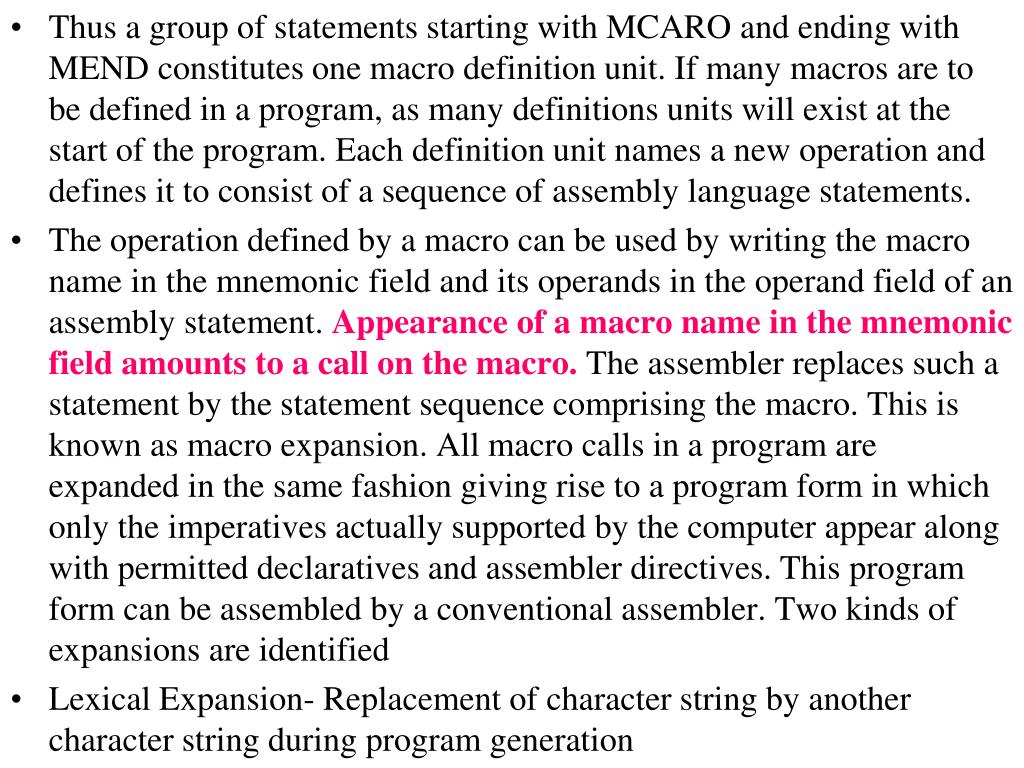

Indeed, the Research Handbook significantly extends the existing analysis by investigating the impact of negative forms of economic diplomacy in several ways (Table 1). The study of positive economic diplomacy is thus further established and has a clear message: it works and contributes significantly to welfare.Īdditionally, Andrew Rose, one of the seminal contributors to this literature moves away from the narrow focus of trade and investment promotion by also considering sanctions and soft power. Furthermore, building on the economic diplomacy literature, Henri de Groot, Marcel van den Berg and Michiel de Nooij provide the first cost benefit analysis of economic diplomacy, showing its important potential contribution to economic welfare. Comparative perspectives are also provided, for example for the major EU countries (Filippo Vergara Caffarelli and Giovanni Veronese). The analysis of modi operandi is strengthened by consideration of new forms and new agents in economic diplomacy, such as business diplomacy (Désirée van Gorp), iDiplomacy (Gorazd Justinek) and the management science of commercial diplomacy (Olivier Naray). The Research Handbook, however, goes beyond traditional approaches. The Research Handbook of course covers positive economic diplomacy as it remains an important activity (with major contributions from Mario Cruz, Daniel Lederman, Arjan Lejour, Christian Volpe Martincus, Volker Nitsch and Laura Zoratto). state visits and other trade missions, the role of (economic) diplomatic staff and structures and the role of trade promotion institutions. A clear example of this limited focus is the literature on economic integration, but also the literature on commercial diplomacy has focused on ways to stimulate exports and bilateral investment, i.e. The studies in the Research Handbook thereby reveal how and under which conditions economic diplomacy can be effective, providing clear guidance for evidence-based policy.Īnalysts of economic diplomacy would seem to have been ill prepared for the twitter tsunami and the watersheds in international policy as the existing literature typically deals with positive interaction. Third, the Research Handbook provides detailed discussions of information requirements, data coverage and the impact of (changes in) the level and quality of diplomatic representation.

The contributions by 31 leading experts from industrial nations, emerging economies and developing countries in five continents provide a unique perspective on both the heterogeneous dynamics of economic diplomacy and the tools to analyse the impact and efficiency of economic diplomats both qualitatively (case studies, interviews) and quantitatively (macro-economic gravity models, micro-economic firm level data, surveys, meta-analysis, cost benefit analysis).

Second, the Research Handbook in addition to the analysis of OECD markets provides a comprehensive set of detailed empirical analyses of developing and emerging economies in Africa, Asia and Latin America.
STAFF OF DISINTEGRATION MACRO FULL
First, in addition to the full coverage of positive interactions our contributors also explicitly consider the impact of negative interaction. The Research Handbook, however, offers relevant and focused contributions that are valuable for current and future policies. We started the project that led to the Research Handbook well before the election of Donald Trump and the referendum on Brexit. Bilateral economic diplomacy needs to be carefully designed and properly managed in order to generate optimal impact.Bilateral relationships become more relevant and valuable, especially for developing and emerging economies.Trump’s open confrontational approach to foreign policy as a form of negative diplomacy bears costs both in the US and abroad.In the brave new world of Trump and Brexit trade and investment uncertainty increases significantly with a negative impact on trade and investment.Is there a role for economic diplomacy in this context?įour key stylized facts that apply to this new environment make the RESEARCH HANDBOOK ON ECONOMIC DIPLOMACY timely and highly relevant Negative interaction with important allies, well-established trading partners and even member states of economic unions and regional trade agreements make the headlines nowadays. Uncertainty, lack of trust and unpredictability are the building blocks of a new world ‘order’. Indeed, we are witnessing an unprecedented change in geopolitics with a clear impact on the international business environment. Multilateralism and regional integration are no longer certainties. The major lesson from the Great Depression abruptly seems to have been forgotten: protectionism and trade disintegration are rambling at the gates. van Bergeijk and Selwyn Moons look at and analyse the importance of economic diplomacy.


 0 kommentar(er)
0 kommentar(er)
